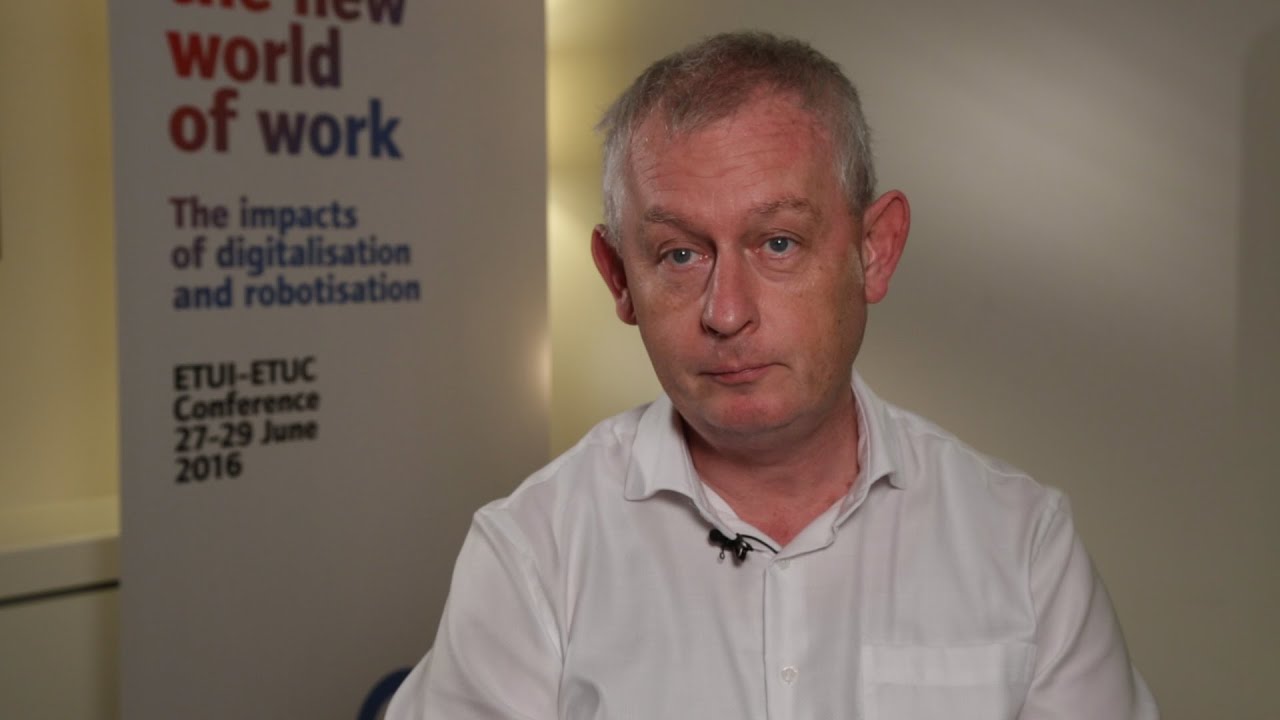
Ever since the WEF was formed to facilitate direct engagement between global businesses and world leaders, economic inequality has surged, the International Trade Union Confederation (ITUC) has said.
Quoting Oxfam’s latest inequality report, ITUC said billionaire wealth rose three times faster in 2024 than in 2023.
It noted further that technological advancements have effectively put the world’s broken economic model on steroids, amplifying its flaws.
It added that across the world, people have lost trust in governments for categorically failing to deliver the prosperity that workers deserve. While the world urgently requires a new social contract – the self-declared change makers at the WEF seem to be entrenched in outdated approaches.
ITUC stated that in the second half of the last century, governments failed to build the necessary social safeguards in the globalising trade and investment system to ensure a fair distribution of the wealth created.
It added that human and labour rights due diligence throughout global supply chains is crucial, but it remains unenforced for businesses and investors.
The ITUC stressed that more than a century after the world agreed to guarantee all workers a living wage, a growing number of the working poor are forced to take on multiple precarious jobs to make ends meet, while the labour income share in the economy continues to drop.
It also decried the absence of an effective mechanism for the fair taxation of wealth while debt burdens and conditionalities are suffocating countries trying to build their economies after colonial exploitation.
Against this backdrop, the WEF in Davos discussed the potential impact and development of Artificial Intelligence (AI).
While financers and investors were keen to exploit the efficiency gains of these innovations, others voiced concerns about their potential social consequences.
It observed that one per cent gathered at the WEF wield enormous influence over the reality of the 99 per cent.
According to the Global Labour Union, it is high time that democratic governments insisted that they take their social responsibilities seriously.
Despite clear, worldwide signs that the ticking time bomb of unchecked, unequal and environmentally devastating economic growth is about to explode, leaders continued with business as usual.
As one of a few critical voices at the WEF, the General Secretary of ITUC, Luc Triangle, met with leaders of international institutions, global companies and political leaders to stress that there is no time to waste in balancing globalisation.
Speaking at the meeting, she said: “We have the tools and we have the opportunities – as well as the money – to fix the system and ensure that we do not repeat the mistakes of the past.
“The World Summit for Social Development in Qatar at the end of the year must guarantee that all people in all countries benefit from the benefits of global trade and investment. This requires delivering decent work through a Just Transition to a sustainable world economy that respects the fundamental rights of all, including limits on maximum working hours to ensure living wages or adequate social protection where needed. This will not be possible without mandatory human rights due diligence, an effective global tax standard, and boosting debt restructuring and cancellation. Only then will current tensions subside, allowing us to rebuild a better world based on a New Social Contract.”






